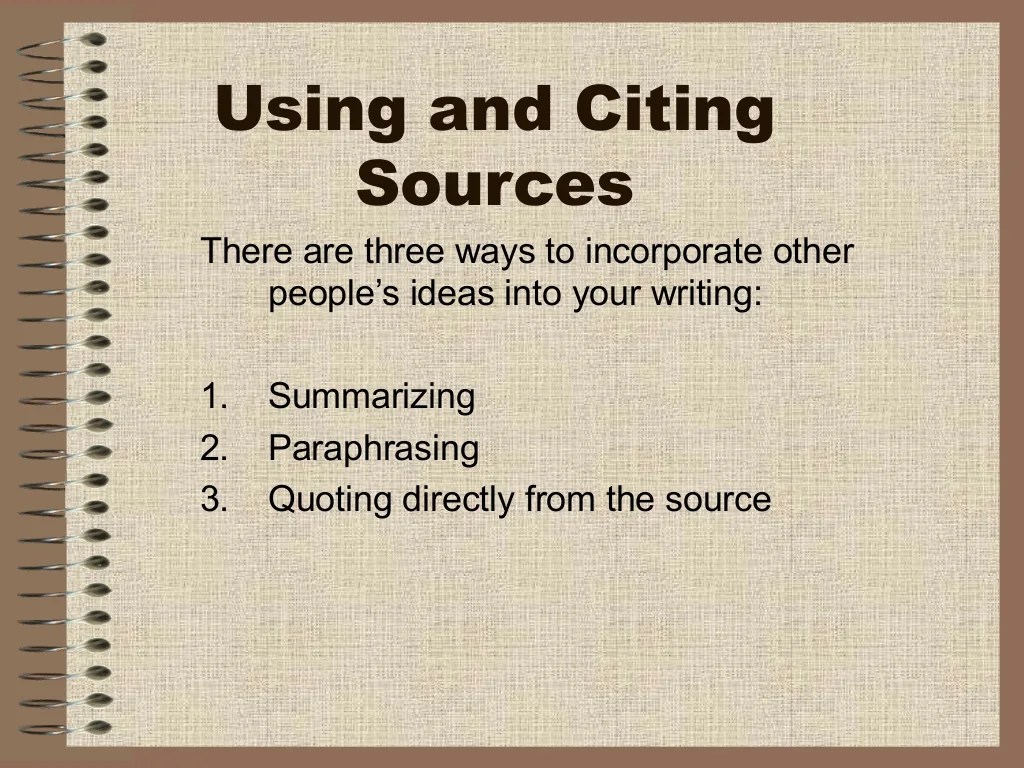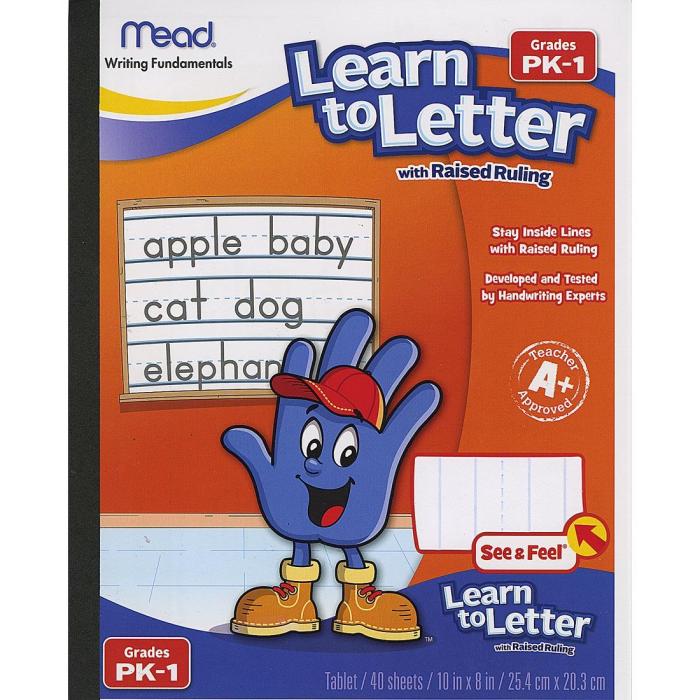Welcome to mmc2121 – writing fundamentals for communicators, a comprehensive guide designed to empower you with the essential writing skills for effective communication. This course will delve into the core principles of writing, grammar, and mechanics, guiding you through the writing process and equipping you to write with clarity, conciseness, and coherence.
As we navigate this journey together, you will gain invaluable insights into writing for different audiences and purposes, ensuring that your written communication resonates with its intended recipients. Furthermore, we will explore the ethical considerations in writing, emphasizing the importance of accuracy, fairness, and respect for intellectual property rights.
1. Writing Fundamentals for Communicators: Mmc2121 – Writing Fundamentals For Communicators
Effective written communication is crucial for communicators to convey messages clearly, concisely, and coherently. Clarity ensures that the message is easily understood, conciseness prevents unnecessary details, and coherence maintains a logical flow of ideas.
Writing styles vary depending on the purpose and audience. Formal writing is appropriate for academic and professional settings, while informal writing is suitable for personal and casual communication.
2. Grammar and Mechanics

Correct grammar and mechanics are essential for professional writing. Punctuation, capitalization, and sentence structure should adhere to established rules to enhance readability and avoid ambiguity.
Common grammatical errors include subject-verb agreement, pronoun usage, and misplaced modifiers. Careful proofreading and editing are crucial to eliminate these errors and ensure accuracy.
3. Writing Process

The writing process involves planning, drafting, revising, and editing. Planning includes defining the purpose, audience, and key message. Drafting involves organizing ideas into a coherent structure.
Revision involves refining the content, organization, and style. Editing focuses on correcting errors and ensuring clarity, conciseness, and coherence. Feedback from peers or editors can enhance the writing process.
4. Writing for Different Audiences

Understanding the target audience is crucial for effective writing. Age, education level, and cultural background influence the choice of language, tone, and style.
Tailoring writing to specific audiences involves considering their knowledge, interests, and expectations. For example, writing for a technical audience requires precise terminology, while writing for a general audience requires clear and accessible language.
5. Writing for Different Purposes

The purpose of writing determines the writing style and tone. Informative writing provides facts and data, persuasive writing aims to convince or persuade, and entertaining writing engages the reader through storytelling or humor.
The appropriate style and tone vary depending on the purpose. For example, informative writing uses objective language, while persuasive writing employs persuasive techniques and emotional appeals.
FAQ Overview
What are the key principles of effective writing?
Clarity, conciseness, and coherence are the cornerstones of effective writing.
Why is grammar and mechanics important in writing?
Proper grammar and mechanics ensure that your writing is clear, error-free, and easy to understand.
What are the different types of writing styles?
There are various writing styles, each suited for specific purposes and audiences, such as academic, journalistic, creative, and business writing.